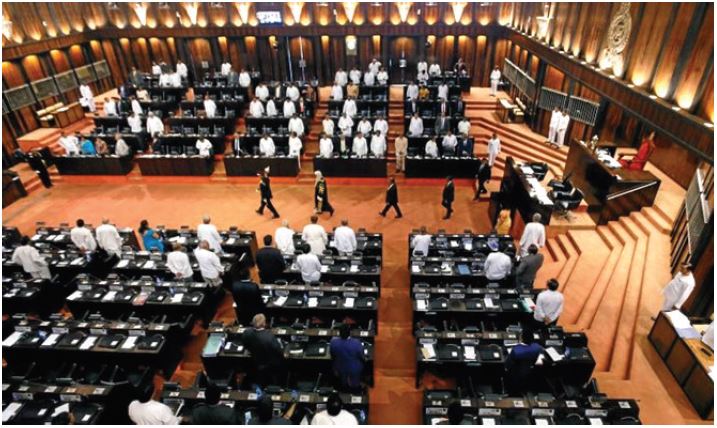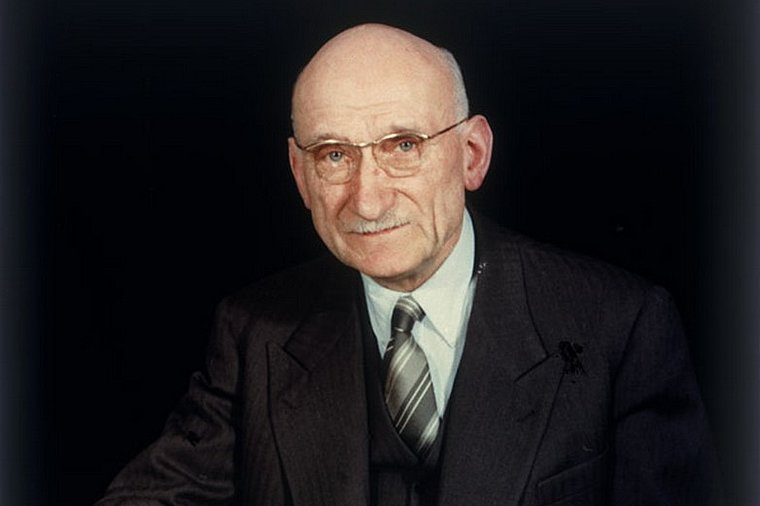The Sub-Africa Africa faces several governance challenges that hinder public sector delivery. Public institutions such as parliament, judiciary and electoral bodies among others- in most countries in Sub-Africa Africa, remain under elite, ethnic and political capture. Voter bribery, intimidation, violence along tribal lines are common elements that characterize electoral process in the region. Social service delivery remains a big challenge. Data from Afrobameter shows that it is common for citizens from sub-Sahara Africa to pay bribes to receive medical care, obtain documents such as national identification cards and passports, get a child into school, avoid problems with the police, and obtain household services like piped water and electricity.
Service delivery providers in Sub Sahara Africa, such as teachers and nurses, are highly demotivated. For example, in Kenya and Tanzania, nearly five out of ten teachers do not report to class on a typical day. In Nigeria, nearly 50 percent of the health workers do not report to their work station on a typical day. Amidst such governance challenges, Sub-Africa Africa has the highest increasing number of Christian believers. The Henry Institute, which is based in the USA and specializes in the study of Christianity and politics, estimates that by 2025, over 50% of Africans will be Christian. Agbiji and Swart (2015) note that religion constitutes an inseparable part of the African society. Most of the lay Christians in the region are part of the political and social leadership and policy making. They also serve as leaders in the civil society. Most of them have been educated and formed in Catholic learning institutions. Such explosive growth of Christianity in Sub-Africa Africa reflects an opportunity for involvement of lay Christians in the political and social transformation of the region. Despite such opportunities, we, as Christians in this Sub-Africa Africa, face the inherent tensions of being citizens of the heavenly kingdom and earthly kingdom. Jesus invites us ‘to go and make disciples of all nations……’. In so doing, Jesus wants us to live as agents of Gospel transformation at this time that it is desperately needed. But it is not easy to abide this command. We live in a continent faced with numerous challenges- corruption, xenophobia, ethnic animosity etc. We face the temptations of being perpetuates of these same vices. Nevertheless, we stand immersed in this temporal world while also representing the kingdom of God on earth. We therefore have rights and responsibilities in both the heavenly kingdom and Africa’s earthly kingdom. In John 15:19, Jesus says he has chosen us out of this world but in Mark 12:17, he reminds us to give to Caesar what is Caesar’s and to God what is God’s. Therefore, although we are not Christians of this world (Africa’s earthly kingdom), we are called to be good citizens who contribute to the well-being of Africa.
It is in this view that Pax Romana ICMICA proposes a special session to reflect on the theme: Catholic Professionals and the Call to Good Citizenship in Africa Today. The session brings together national federations of catholic professional across Africa. All the needed nformatkion isn the program in attached file




Leave A Comment
You must be logged in to post a comment.